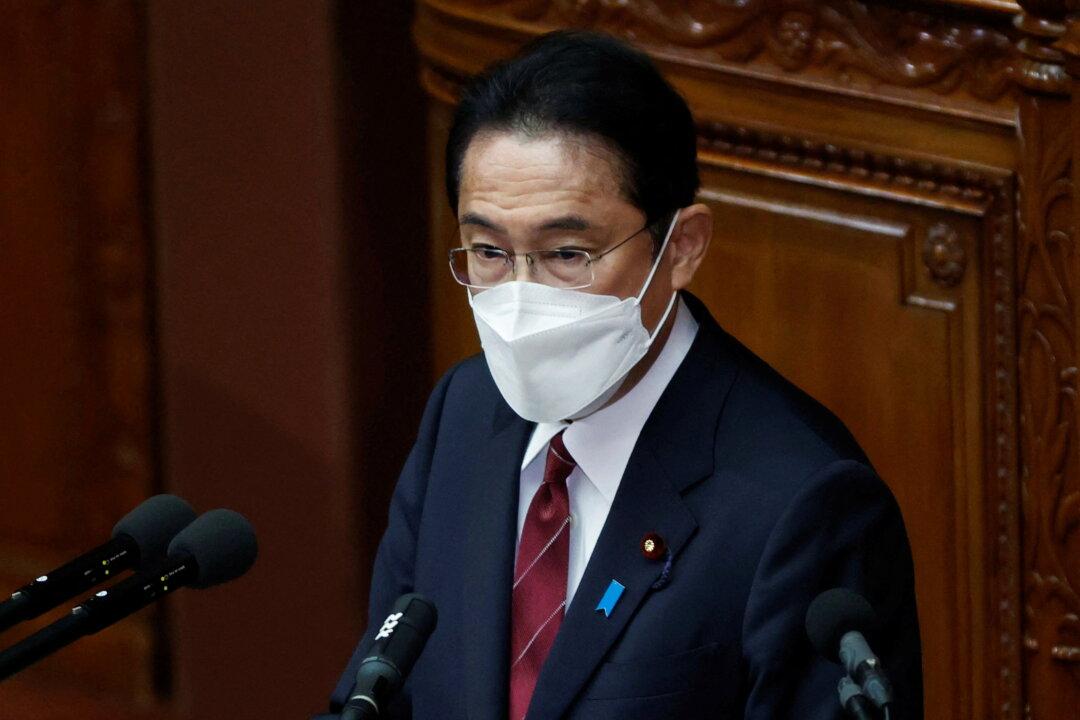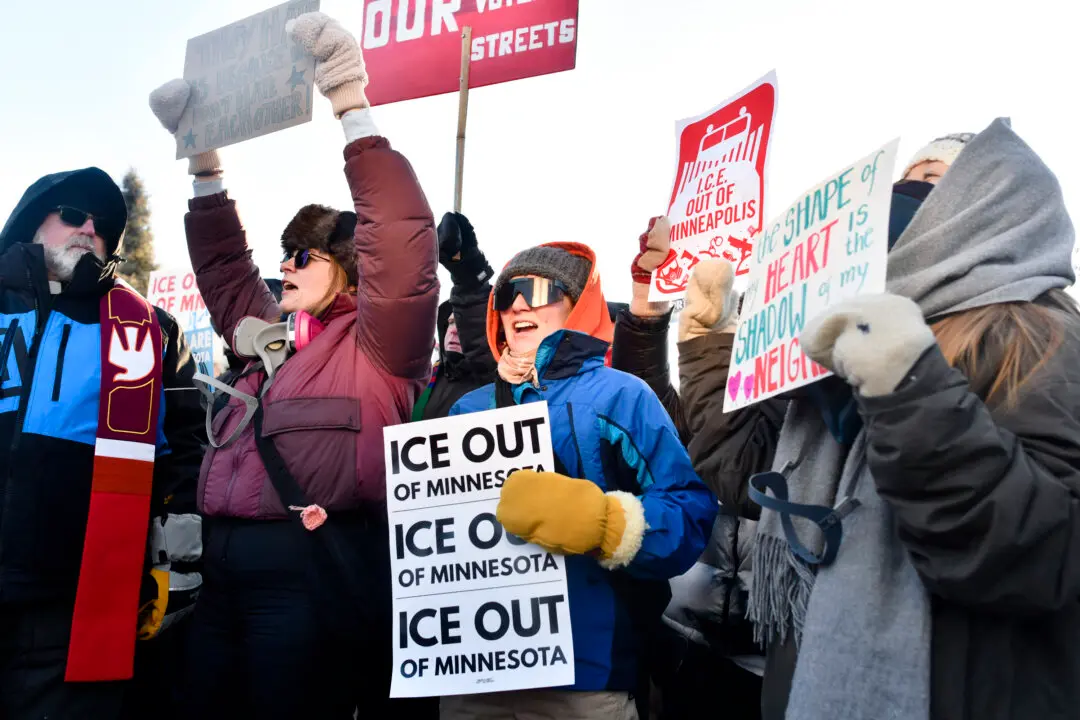Japanese Prime Minister Fumio Kishida on Tuesday said that the government will further extend its entry ban on foreign visitors until the end of February amid a surge in the country’s Omicron cases.
Japan has been suspending new arrivals of foreign visitors since Nov. 30, 2021, while returning local citizens and foreign residents are required to undergo quarantine in designated facilities.





